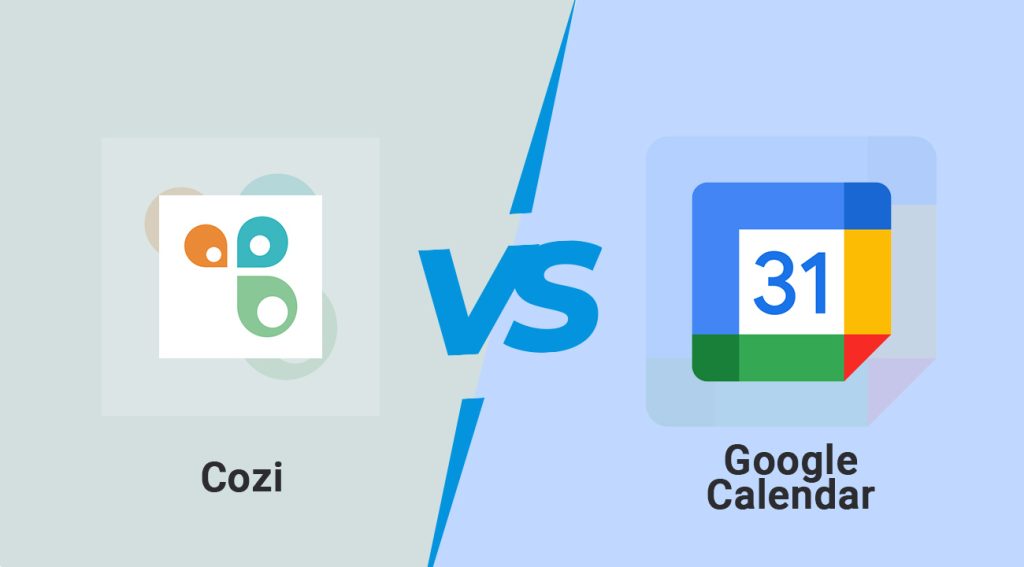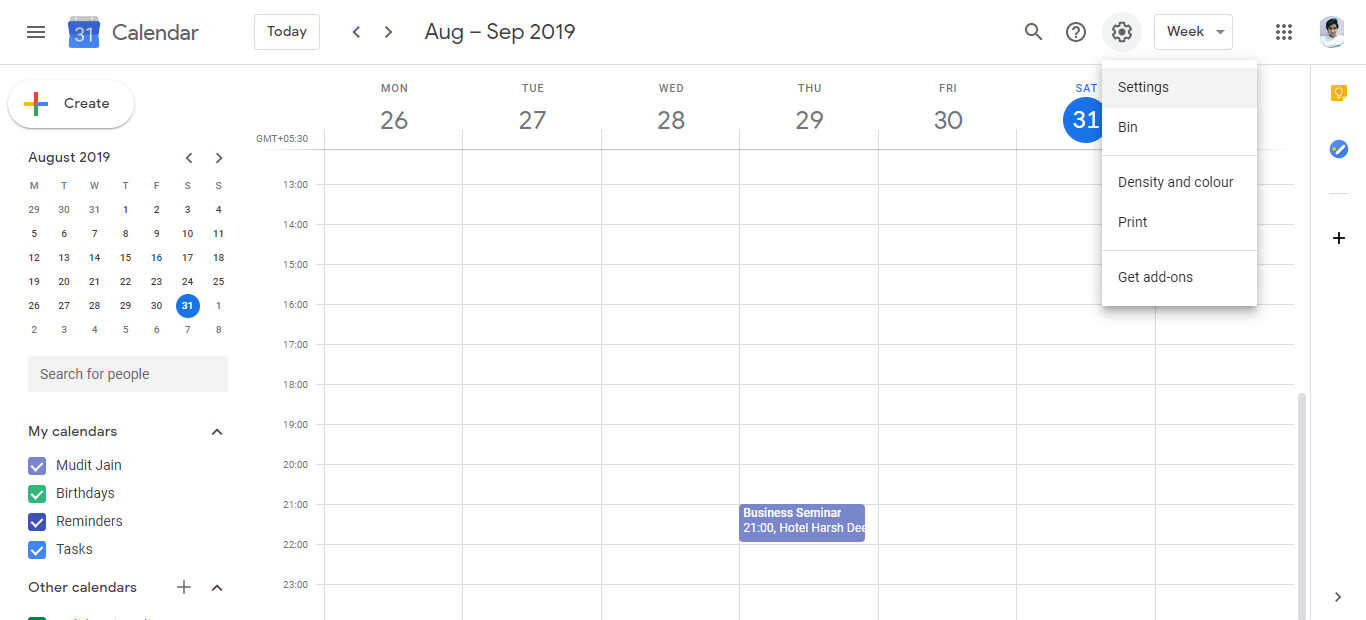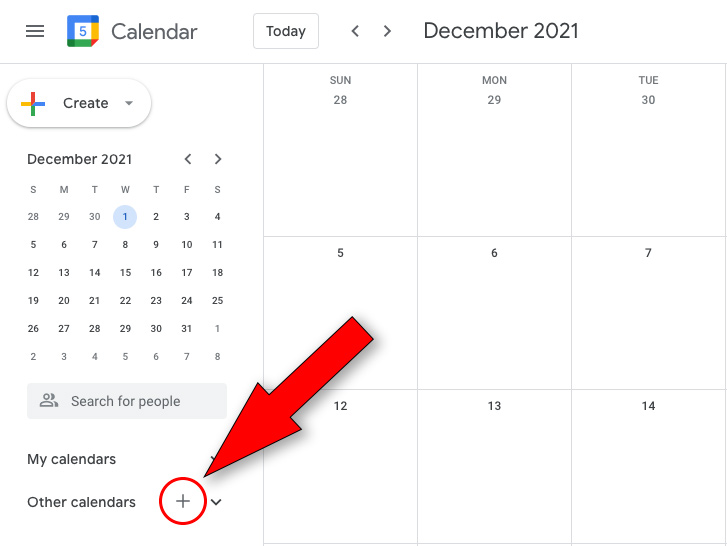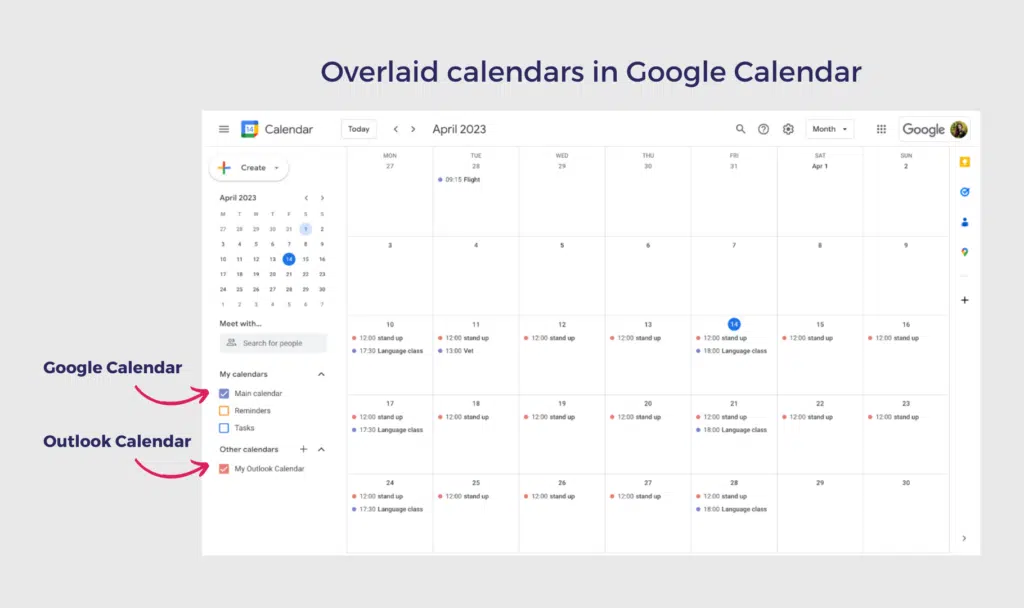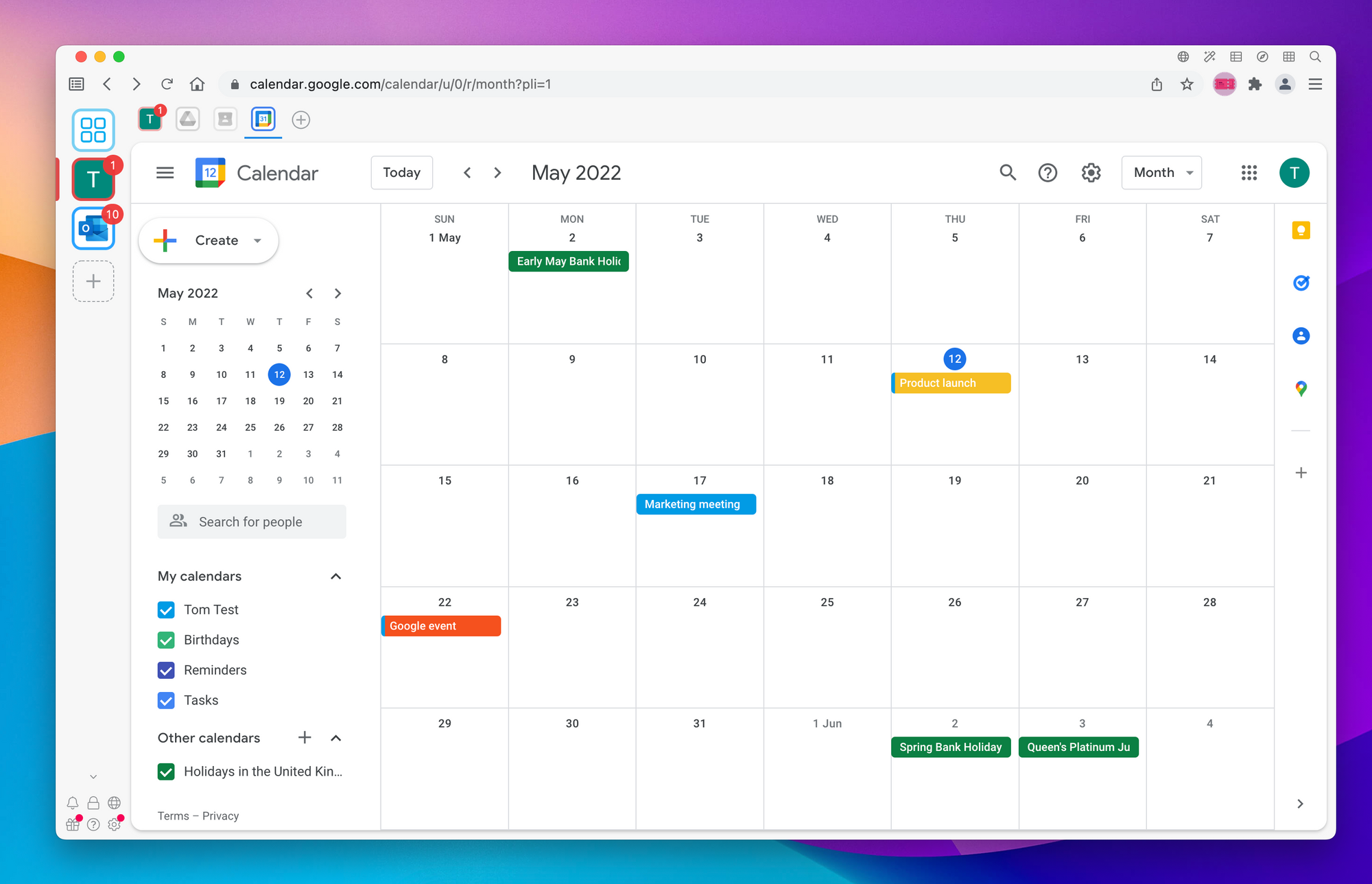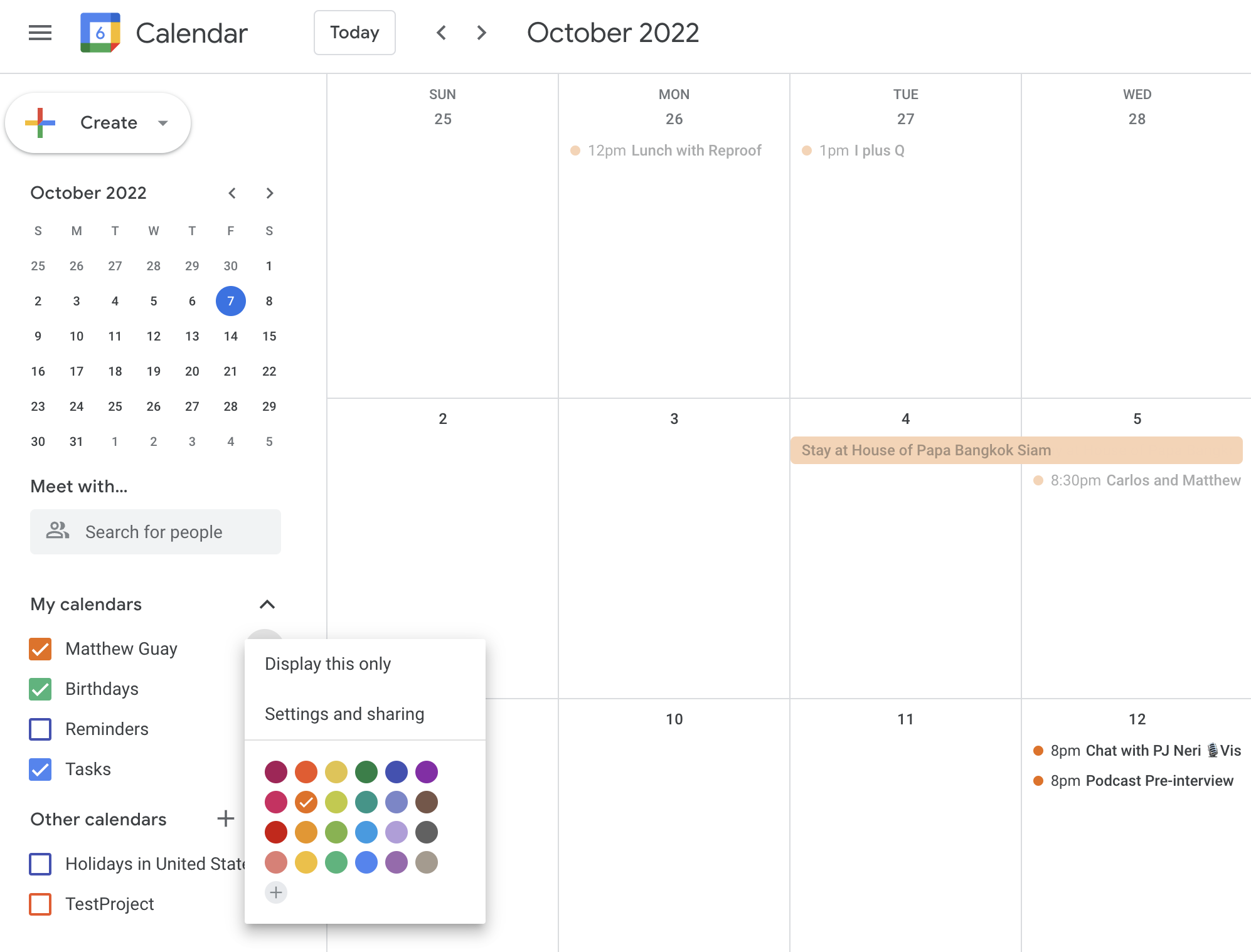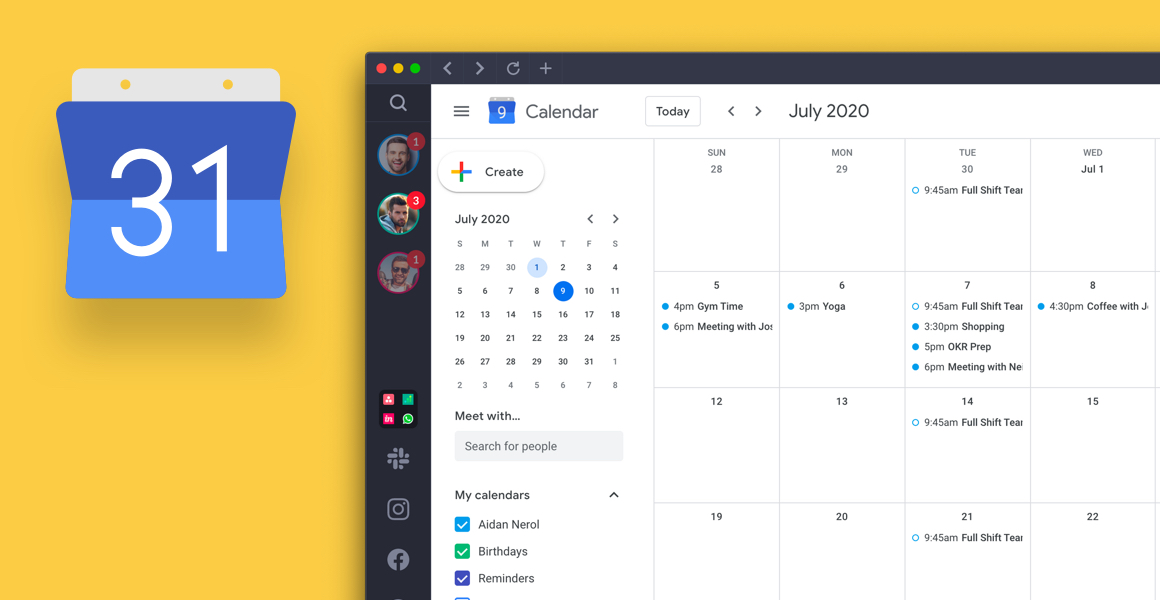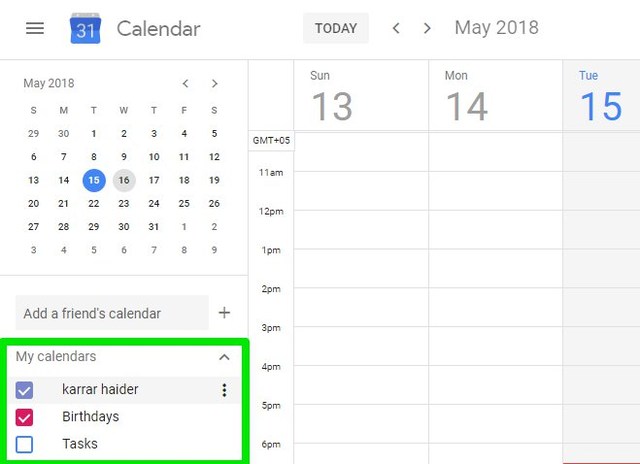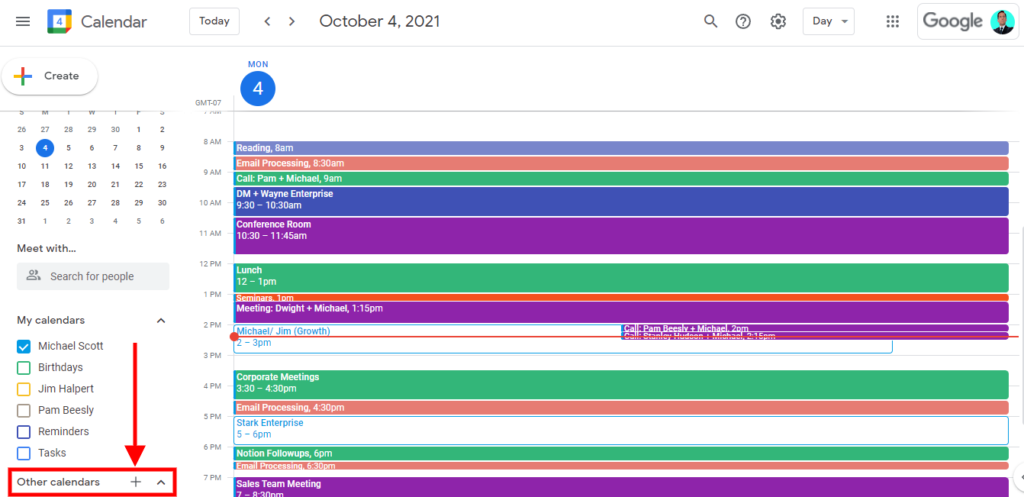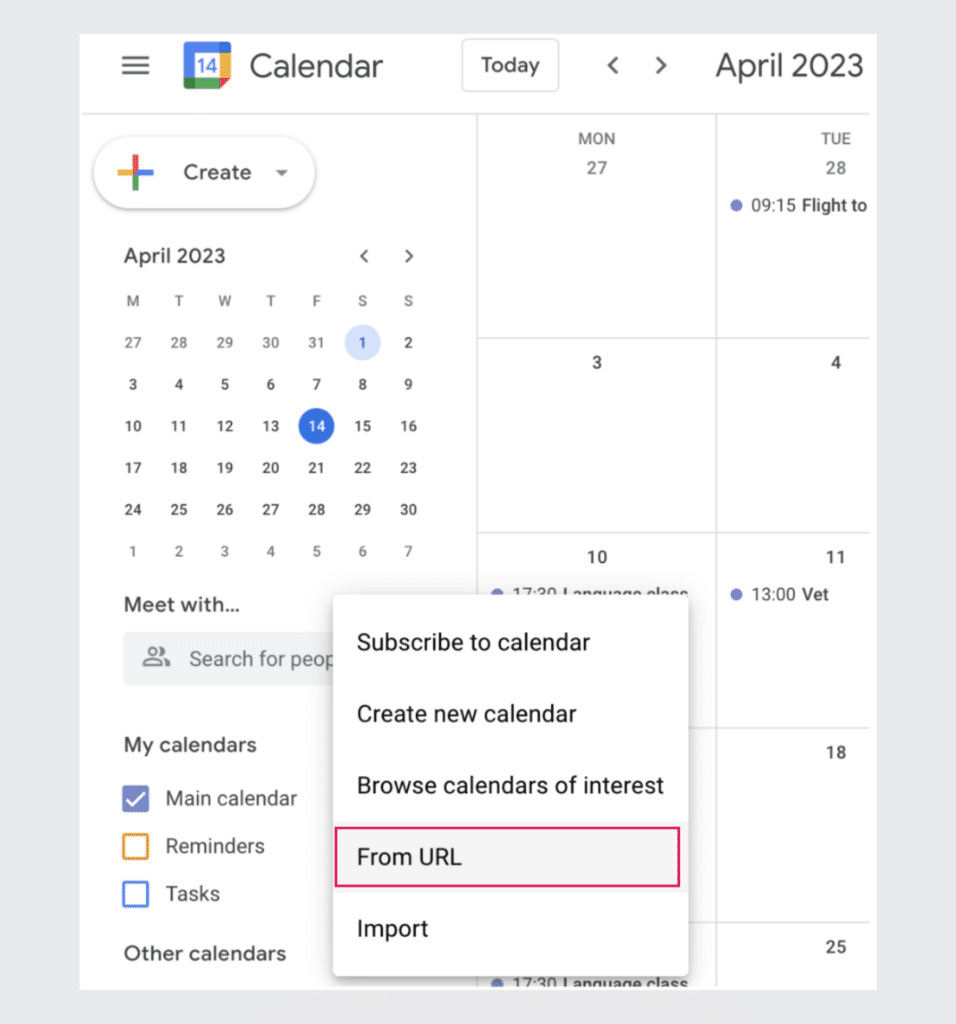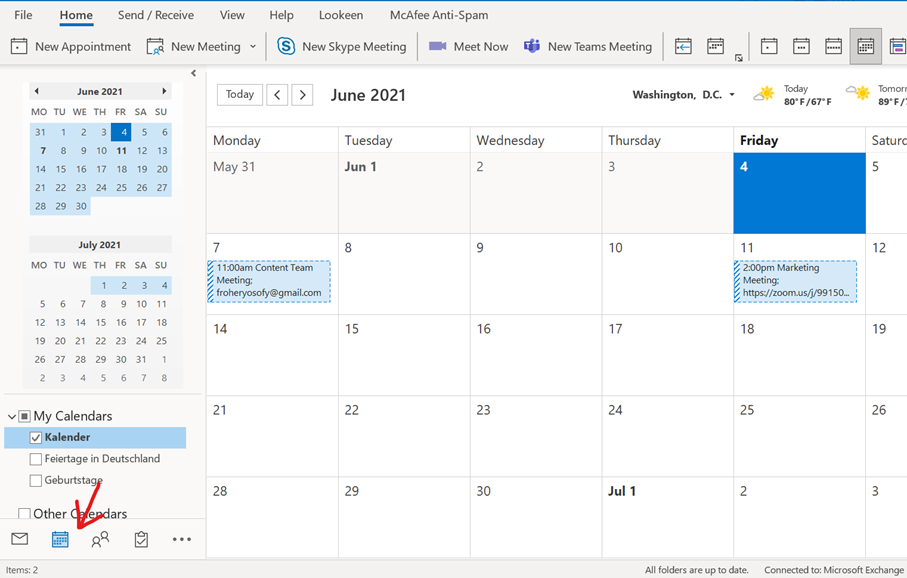Google My Calendars Vs Other Calendars

In today's hyper-connected world, effectively managing time is no longer a luxury, but a necessity. Digital calendars have emerged as indispensable tools, helping individuals and businesses navigate a relentless stream of appointments, deadlines, and commitments. Among the plethora of options available, Google Calendar stands out as a dominant force, but does its ubiquity automatically make it the best choice?
This article dives into a comparative analysis of Google Calendar against its competitors, examining its strengths, weaknesses, and alternatives. We will explore factors such as feature sets, integration capabilities, user experience, privacy considerations, and pricing models to provide a balanced perspective. Ultimately, the goal is to equip readers with the information needed to choose the calendar solution that best aligns with their individual or organizational needs.
Google Calendar: The Ubiquitous Option
Google Calendar benefits immensely from its integration within the Google Workspace ecosystem. For users already heavily invested in Gmail, Docs, and Drive, the seamless integration provides a considerable advantage.
Its interface is clean and intuitive, offering features like appointment scheduling, shared calendars, event reminders, and integration with third-party apps. The availability of Google Calendar across various platforms, including web, Android, and iOS, ensures accessibility regardless of device.
However, Google Calendar isn't without its drawbacks. Concerns about data privacy are often raised, considering Google's extensive data collection practices. While Google asserts that data is used to improve user experience and personalize ads, some users remain wary of the implications.
Alternatives in the Market
Several compelling alternatives to Google Calendar exist, each offering unique strengths and catering to specific needs. Microsoft Outlook Calendar is a popular choice, particularly for organizations heavily reliant on the Microsoft 365 suite.
It offers robust integration with Outlook email, task management, and other Microsoft applications. Like Google Calendar, Outlook Calendar offers cross-platform availability, ensuring users can access their schedules from any device.
Another notable alternative is Apple Calendar, deeply integrated into the Apple ecosystem. Apple Calendar's strength lies in its simplicity and seamless synchronization across iPhones, iPads, and Macs.
For users prioritizing privacy, options like Proton Calendar offer end-to-end encryption, ensuring that calendar data remains secure and private. Proton Calendar is a paid service that is part of a suite of privacy-focused tools.
Fantastical stands out with its natural language input and advanced features. It boasts more advanced scheduling options and better interface than the built in Apple calendar.
Comparing Key Features
When choosing a calendar, various factors come into play. Google Calendar's strength is in its integration with other Google services.
Microsoft Outlook provides enterprise level integration that suits large companies. Apple Calendar offers simplicity with Apple's user interface.
Privacy-focused calendars like Proton Calendar offer advanced security features. Cost is always a consideration, where Google Calendar and Apple Calendar are free services, while Microsoft Outlook is bundled with the Microsoft 365 subscription.
User experience is subjective, but Google Calendar is generally regarded as intuitive and easy to use. Fantastical wins out in having features tailored to ease of use.
The Privacy Factor
Data privacy is a critical concern for many users. Google's data collection practices have been a subject of scrutiny, with some users uncomfortable with the amount of personal information gathered. Proton Calendar takes a strong stance on privacy.
They make a commitment to end-to-end encryption, a step beyond the average calendar app. Choosing a calendar that prioritizes data protection is essential for individuals and organizations handling sensitive information.
Future Trends in Calendar Management
The future of calendar management is likely to be shaped by advancements in artificial intelligence (AI) and machine learning (ML). AI-powered scheduling assistants are already emerging, automating tasks like finding optimal meeting times and resolving scheduling conflicts.
As AI technology matures, we can expect even more sophisticated features. Calendar apps will learn user preferences, anticipate needs, and proactively manage schedules, freeing up users to focus on higher-level tasks.
Integration with other productivity tools will become increasingly seamless. Calendars will evolve from simple scheduling tools to comprehensive hubs for managing time, tasks, and communication.
The rise of remote work is also influencing the evolution of calendar management. Tools that facilitate collaboration across different time zones and locations will become increasingly vital. Calendar apps will incorporate features like automatic time zone conversion, shared availability views, and integrated video conferencing.
The best calendar is one that meets the individual's needs. Consider what is most important and make a decision based on the pros and cons of the calendar.
